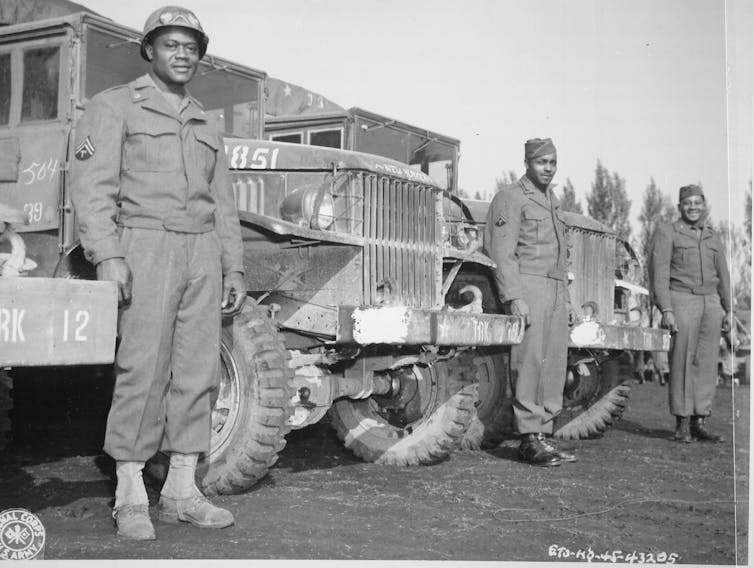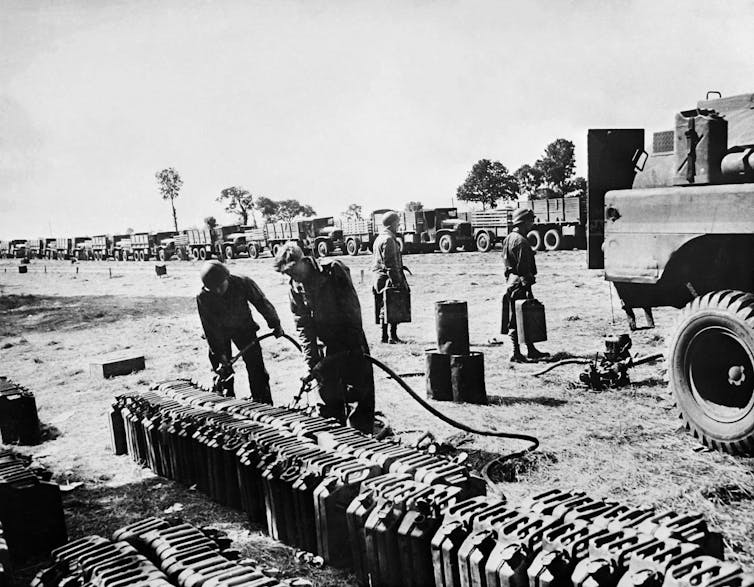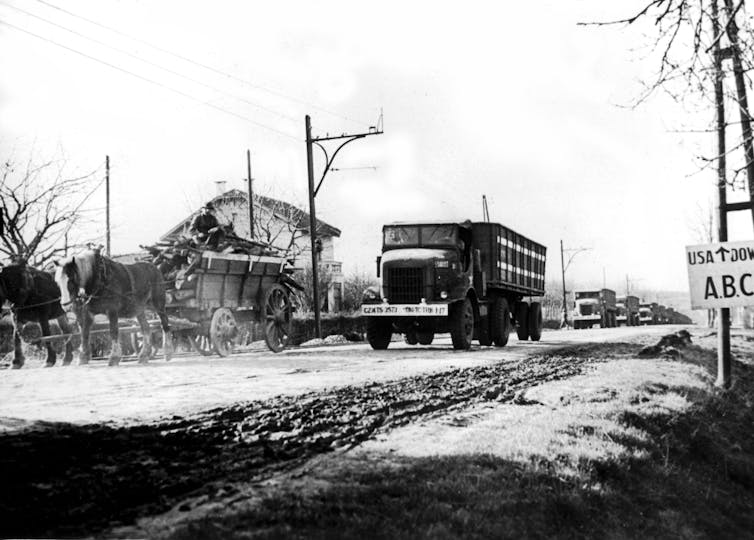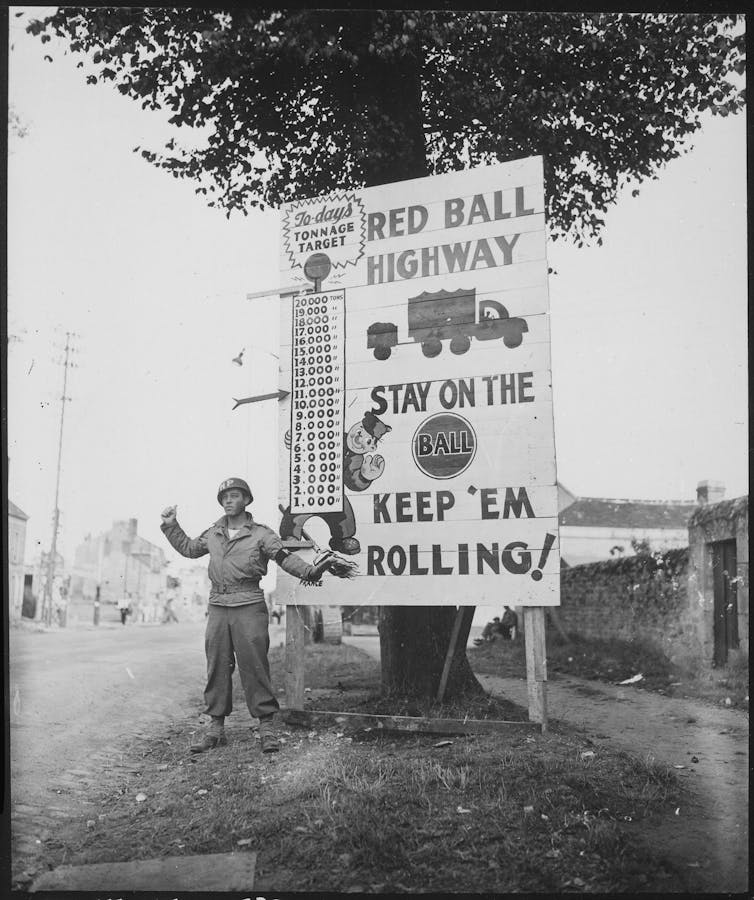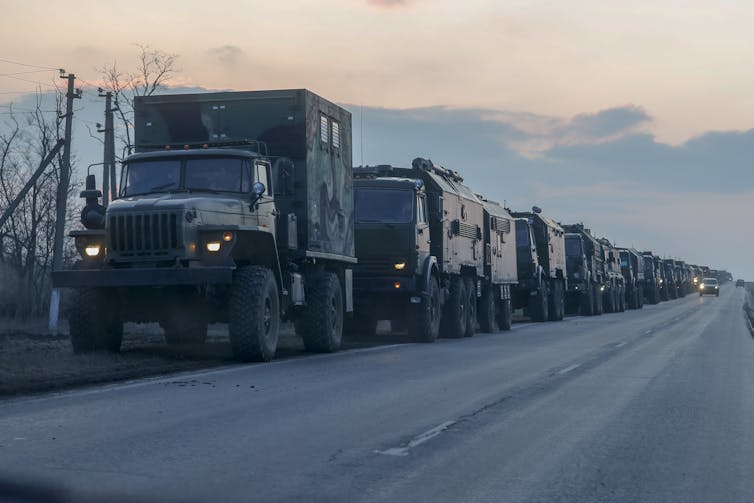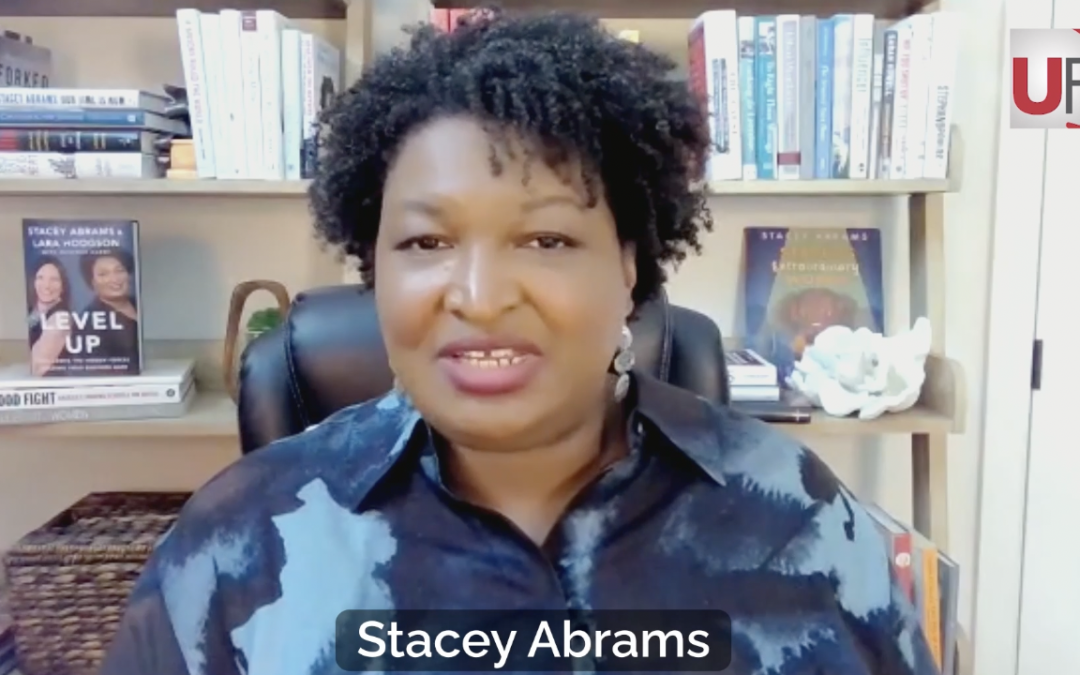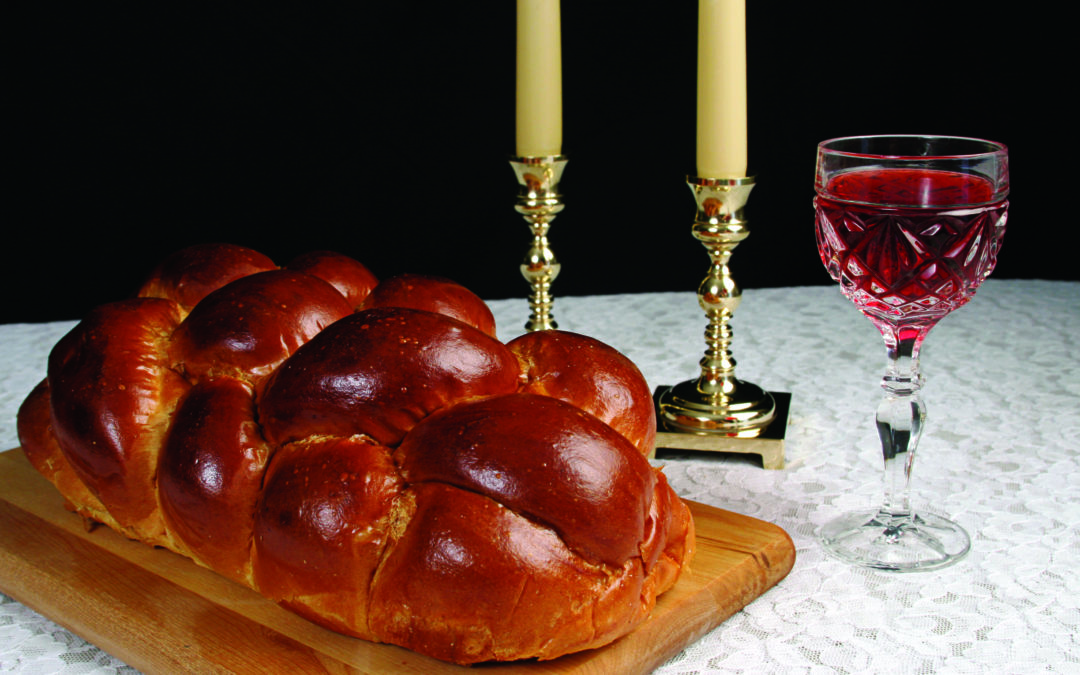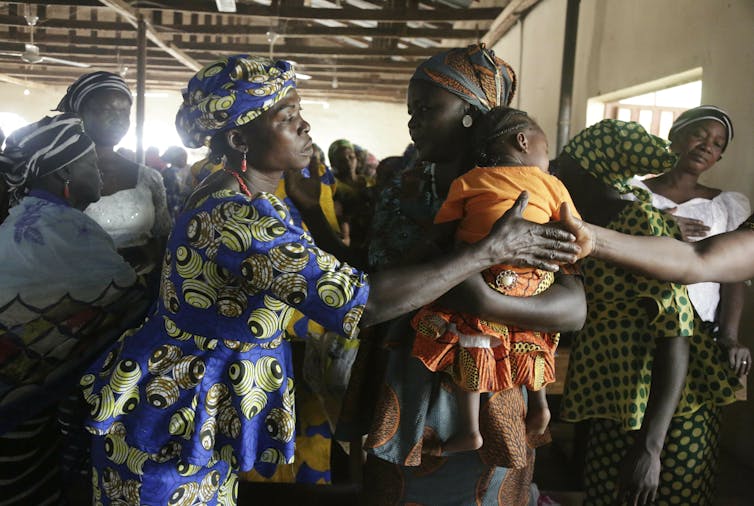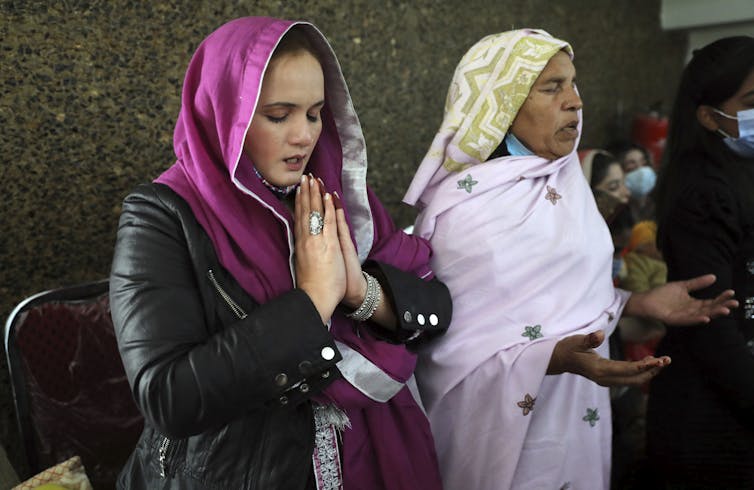
Surprise deliverance: When Freedom Shows Up
Scripture: Matthew 21:1-11 NLT
21 As Jesus and the disciples approached Jerusalem, they came to the town of Bethphage on the Mount of Olives. Jesus sent two of them on ahead. 2 “Go into the village over there,” he said. “As soon as you enter it, you will see a donkey tied there, with its colt beside it. Untie them and bring them to me. 3 If anyone asks what you are doing, just say, ‘The Lord needs them,’ and he will immediately let you take them.”
4 This took place to fulfill the prophecy that said,
5 “Tell the people of Jerusalem,
‘Look, your King is coming to you.
He is humble, riding on a donkey—
riding on a donkey’s colt.’”
6 The two disciples did as Jesus commanded. 7 They brought the donkey and the colt to him and threw their garments over the colt, and he sat on it.
8 Most of the crowd spread their garments on the road ahead of him, and others cut branches from the trees and spread them on the road. 9 Jesus was in the center of the procession, and the people all around him were shouting,
“Praise God for the Son of David!
Blessings on the one who comes in the name of the Lord!
Praise God in highest heaven!”
10 The entire city of Jerusalem was in an uproar as he entered. “Who is this?” they asked.
11 And the crowds replied, “It’s Jesus, the prophet from Nazareth in Galilee.”
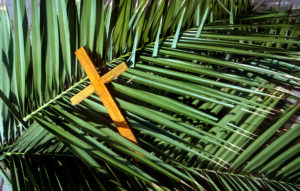
This story is very powerful, inspiring, and intriguing. As Jesus was preparing Himself for the very painful journey of the cross that was ahead of Him, He performs an act that reveals His thoughtfulness, intentionality, and commitment to destiny.
In Bethphage, there was a village that had a donkey and its foal that mattered to Jesus. A donkey is an animal that is symbolically and literally a beast that bears burdens. Donkeys can carry heavy loads and tread on difficult paths while being submitted to their owners.
- Jesus picked an animal that was used to carry and bear burdens for people as a symbol that He had come to bear the burdens for humanity. As the disciples placed their cloaks on the donkey and its foal for Jesus to sit on, He was reminding us that He was mantled and graced for this heavy and great burden ahead of Him.
- The donkey and foal were tied up and may not have known what was going to happen to them in the future, but Jesus had a plan. He was going to liberate both of them, and no one was going to get in the way of it. He specifically gave the disciples instructions, in case someone questioned them. Their response was to say “The Lord has need of them, and He will send them right away”.
- If Jesus can incorporate an animal in the story of redemption to symbolize how attentive He is to the details of destiny fulfillment, why are you questioning the details that God keeps unveiling in your life about how much He wants to use you?
- Imagine if the donkey and the foal resisted and kicked the disciples causing them to come back empty handed. Of course Jesus would have found an alternative, but the donkey and its foal would have never known the honor of deliverance from a Savior who understands and feels the weight of carrying heavy burdens.
The donkey and its foal walked on roads covered with cloaks and branches from trees as the crowd honored Jesus. They could not honor Jesus without honoring the donkey and the foal that were with Him. Do not resist the moment Jesus calls for you. His desire is to bestow love and grace on you. He is not one to hide you, but desires to walk with you through the journey, and ensure honor is bestowed upon you.
This week, think about the moments Jesus has pulled on you whether through prayer, His word, or a decision that He asked you to make. Why have you not obeyed? What expression of love from Jesus are you blocking when you resist Him? Isn’t it time to try pure freedom and experience what it feels like to have a Savior who understands and loves you? A Savior who has the power to loose you from every hold and bondage? He will not leave you there, but will walk with you until you fulfil the prophetic word He has spoken over your life.
If Jesus cared about a donkey and its foal, give yourself some credit and acknowledge He cares and has great plans for you. It is not a matter of if He is able, it is all about when you yield and obey His call. He is a loving Savior with open arms who desires to bless you and deliver you, to walk through this life with you in liberty and grace. It is time to answer Jesus. He has been calling for you for a while.
Prayer
Dear Father,
Today I am grateful for your kind heart, your intentionality, and ability to plan ahead with my life in mind. A lot of times, I behave as though you do not know me, but you do. Nothing changes your mind about me. Help me to see myself from the perspective of love that you have for me. Incline my ear to be sensitive to your calling. Forgive me for when I have resisted you because of fears that who I was or what I have done is too much for you. You have come to lift up every burden in my life.
I yield to you and desire to receive the honor of walking in freedom with you. This is my portion and I choose to walk in it by faith.
In Jesus Name,
Amen


